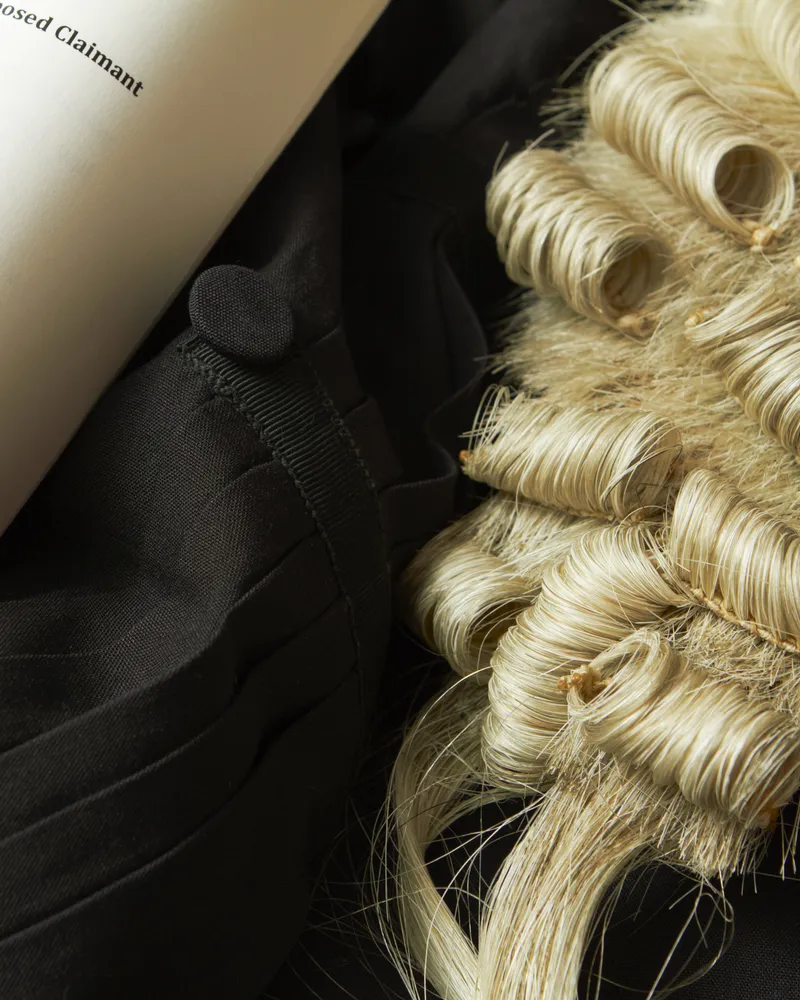

A High Court Judge who sent a love letter to one of his junior colleagues has been reprimanded for “serious misconduct”.
He had passed a letter to a junior member of staff making reference to “a number of personal matters and his feelings for the members of staff.”
In a statement from the Judicial Conduct Investigations Office (JCIO), it was revealed that the judge had expressed his love for the colleague and had asked whether his feelings had been reciprocated.
The colleague also revealed that prior to receiving the letter, the judge had shared information on his relationship with his judicial leadership and had asked the junior colleague to go for walks with him.
Upon reading the letter, the colleague had become “distressed, angry, let down and devalued,” stating that they did not want to work with or cross paths with the judge again.
In response to the complaint, the High Court Judge accepted that he had written and passed the letter to the member of staff, acknowledging that it was inappropriate to do so and that it had caused significant emotional distress.
He stated that it had not been his intention to take advantage of the junior member, and on reflection, he realised he had been ignoring signs that his workload was having an effect on his overall health.
The judge claims his letter was an attempt to reach out for support and assured that any such behaviour would not be repeated, and he is taking steps to address the issues which he believes led him to act as he did.
A nominated senior judge found that the High Court Judge’s actions had amounted to “serious misconduct” and that “he was clearing expressing his love for her and that he wanted to take things further.”
The nominated judge’s finding continued:
“His actions were part of a course of escalating conduct towards a junior member of staff who was in a very vulnerable position in relation to him. He had abused his position and crossed lines which should not be crossed. It was unsurprising that the member of staff had been distressed. The impact on the member of staff was likely to be lasting.”
A reprimand was recommended – the most serious sanction besides removal from office. The nominated judge concluded that the judge in question had shown no understanding as to why his actions were wrong and had not recognised the romantic aspects of his handwritten letter.
The Lady Chief Justice and Lord Chancellor agreed with the reprimand recommendation.




We’re proud to announce the launch of a new partnership with Bridging the Bar (BTB), a non-profit charity that aims to support...

